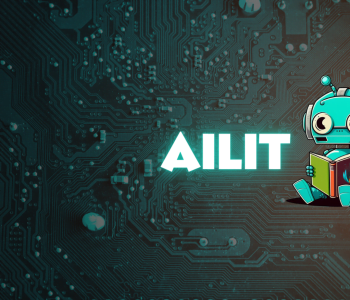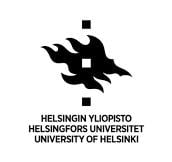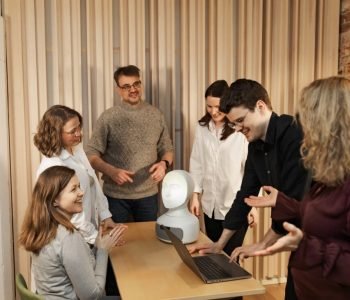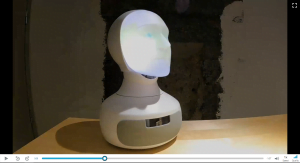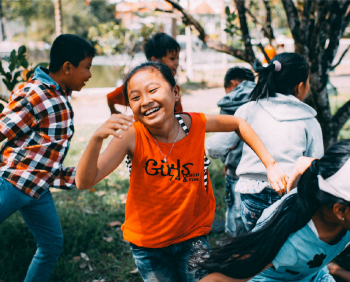
SPROK
The project SPROK has received Research to Business funding from Business Finland for the years 2023-2025. The overarching aim is to evaluate different commercialization routes to find the best business strategy for our digital second language learning game. SPROK’s development stems from the significant achievement gap between students with immigrant and native backgrounds, and the challenges many adult immigrants face in obtaining work due to insufficient language skills. We hope to encourage growth in the Finnish and international community by developing linguistic skills as a core class material in mainstream and immigrant classrooms. Sprok is designed to complement traditional workbooks while still allowing teachers to understand student progress. Although Sprok is designed to meet the needs of immigrants and mainstream classrooms, it is well-suited for private consumer use, thus, has benefits for increasing the number of highly qualified workers, which fills the gap in the ageing Finnish and global population.
The target groups are migrants, mainstream classrooms, and private consumers.
Sprok is a digital second language learning game targeting migrants, mainstream classrooms, and private consumers.
Supporting L2 learning is essential to improving educational, economic, and social opportunities for immigrant populations. Sprok’s design will encourage growth in the Finnish and international community by developing linguistic skills as a core class material in mainstream and immigrant classrooms. Sprok is designed to complement traditional workbooks while still allowing teachers to understand student progress. Although Sprok is designed to meet the needs of immigrants and mainstream classrooms, it is well-suited for private consumer use, thus, has benefits for increasing the number of highly qualified workers, which fills the gap in the ageing Finnish and global population.
The uniqueness of Sprok is that it is based on the highly reputed Finnish national core curriculum, the Common European Framework of Reference for language (CEFR) skills, academic research, and cultural knowledge. Additionally, it will have the following educational features: a teacher backend, a monolingual approach (uses Swedish to teach Swedish), collaborative gameplay, an explorable environment, a design enabling expansion to a broader audience, and a feedback algorithm to enhance learning. The game will be developed in an iterative process that requires the active involvement of potential end-users. This ensures the game is both educative, fun, and attractive for various stakeholders.
The project has received Research to Business funding from Business Finland for the years 2023-2025. The overarching aim of this project is to evaluate different commercialization routes to find the best business strategy for our digital second language learning game SPROK. in order to make it a highly successful global educational game for digital second language learning. An additional aim is to continue the applied research of Sprok.
Funding from:

